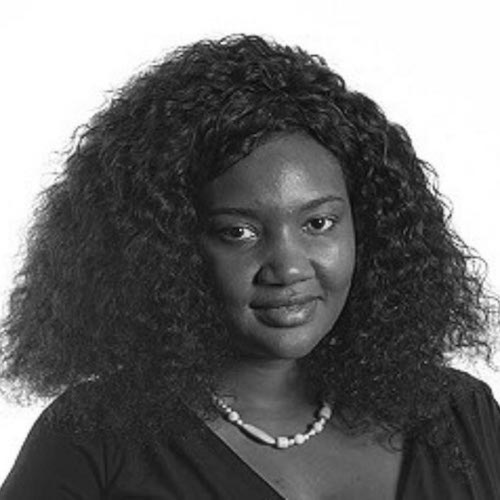Welcome to AFDiT - the transracial adoption framework
AFDiT stands for Anti-racist Framework for Decision-making in Transitioning children from minoritised racial and ethnic groups into transracial adoptive families (AFDiT).
We see this as a ground-breaking publication that underscores our unwavering commitment to improving positive identity outcomes for children in transracial adoption.
This framework was founded by Dr Tam Cane, and developed by the research team at the University of Sussex through a process of co- creation with social work practitioners, people with lived and living expertise of transracial adoption, and collaboration with Adoption South East and Coram BAAF.
Discover the AFDiT Framework
At its core, this document aims to provide a comprehensive framework that supports social workers in effectively understanding and addressing and protecting the identity needs of racialised and minoritised ethnic children who are moving into transracial adoptive families.
View our introductory video with Dr Tam Cane

“I want to express my sincere gratitude to all the individuals and organisations who have contributed to the development of this framework. Your dedication, expertise and passion have been instrumental in creating a resource that will guide social workers in their mission to support and protect the identity needs of minoritised ethnic children in transracial adoption. Together, we can build a brighter future where every child, regardless of their background, can thrive and embrace their unique identity.” Dr Tam Cane
“I pondered how I could align my appearance with my mother’s. As I ventured into primary school, I started to sense an increasing lack of belonging, not due to my cultural background but rather because of my race. My hair was short, yet I longed for braids and twists adorned with bows and beads. Some may perceive hair care as insignificant in parenting transracially adopted children, but believe me, it holds substantial significance. Hair care serves as a gauge for fostering positive self-esteem. When your skin colour stands out, and your body shape does not conform to the prevailing fashion trends, hair care becomes one of the many elements contributing to the self-image’s complexity. We all experience a bad hair day or haircut, but we contemplate the impact on self-esteem when such experiences become a daily occurrence for a school-aged child. Naturally, you yearn to blend in with your peers, a developmentally appropriate desire. However, everything you encounter emphasises your conspicuousness, but not in the way you desire. My parents needed to be fully equipped to address those challenges, and they needed to have the advantages of the knowledge and resources available to families in present times.”

